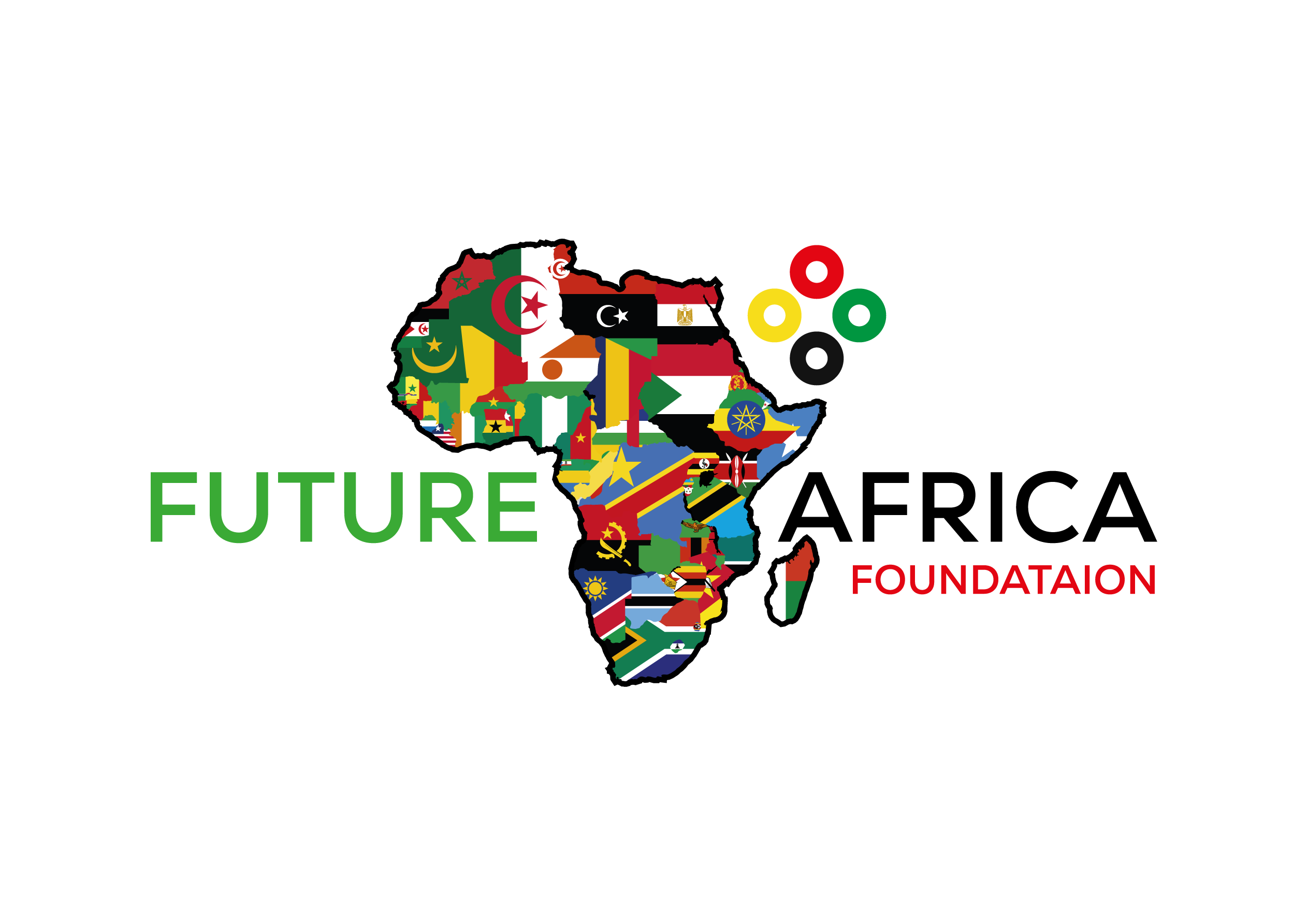Agriculture is essential to Ghana’s economy, employing over 50% of the labour force and driving food self-sufficiency. The sector makes a significant contribution of approximately 20% to the Gross Domestic Product (GDP). Key crops, including cocoa, yam, maize, and cassava, play a crucial role in this landscape, with cocoa standing out as a major export commodity. As one of the world's largest cocoa producers, Ghana solidifies its position in the global market.
Recent reports projected by the United Nations show that Africa’s population is growing rapidly. By 2050, the population will reach 2.5 billion, double its current figure. This will put additional pressure on already strained food systems, necessitating increased food production and improved distribution networks.
The situation is exacerbated by factors such as climate change, political instability, economic disparities, and growing population pressures.
The government of Ghana in response has implemented various policies and initiatives aimed at bolstering food security across the nation.
Food security is a multifaceted concept that goes beyond merely ensuring the availability of food which involves guaranteeing the population to have reliable access to nutritious and safe food, which is vital for their health and overall well-being.
Goal 2 of the United Nations Sustainable Development Goal (SDG 2) on food security, targets that, by 2030, there will be an end to hunger and all forms of nutrition.
But it looks like achieving this target remains a herculean task, as projections indicate that by 2030, about 600 million people in the world will be facing hunger.
The State of Food Security and Nutrition in the World (SOFI) 2024 Report for instance says the world is far off track to achieve SDG2. It notes that while there has been progress in some regions, progress remains inadequate and uneven.
At the Future Africa Foundation, we are committed to transforming the landscape of agriculture for smallholder farmers. We provide modern farming techniques and breakthrough technological innovations that are essential for revolutionizing agriculture and enhancing food distribution to those who lack access.
By directly addressing the root causes of food insecurity and implementing sustainable solutions, we will ensure that every individual on the continent has access to sufficient, safe, and nutritious food.
Our Foundation is also actively promoting overall health by tackling malnutrition in communities and empowering women, who are pivotal in food production.
The path toward food security may be challenging, but we firmly believe that with focused efforts and innovative strategies, a hunger-free Africa is not just a goal—it is an achievable reality.
